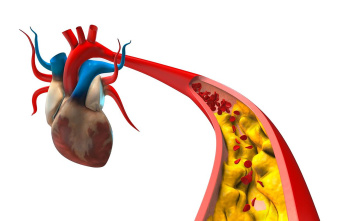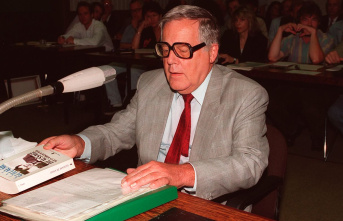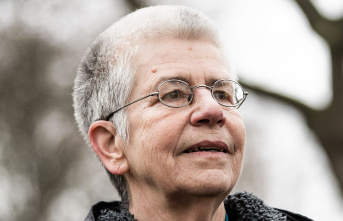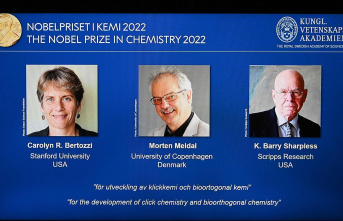This year's Nobel Prize in Chemistry goes to researchers Carolyn Bertozzi (USA), Morten Meldal (Denmark) and Barry Sharpless (USA) for the development of methods for the targeted construction of molecules. This was announced by the Royal Swedish Academy of Sciences in Stockholm on Wednesday.
Bertozzi is the first woman to be awarded a Nobel Prize this year. Sharpless received a Nobel Prize in Chemistry in 2001.
According to the Nobel Committee, Sharpless and Meldal laid the foundations for what is known as click chemistry. You share the prize with Bertozzi. She took click chemistry to a new dimension and started using it for cell mapping. She has also researched so-called bioorthogonal reactions. The concept of click chemistry makes it possible to synthesize molecules from smaller units quickly and in a targeted manner. Click chemistry is said to be used in things like drug development, DNA mapping and the manufacture of materials. Researchers have used bioorthogonal reactions to improve the targeting of cancer drugs, for example.
The most prestigious award for chemists is endowed with a total of ten million crowns (around 920,000 euros) this year. The award ceremony traditionally takes place on December 10th, the anniversary of the death of the founder Alfred Nobel.
Bertozzi is the eighth winner
Since 1901, the Nobel Prize in Chemistry has been awarded to 187 different researchers. One of them, the Brit Frederick Sanger, received it twice. So far, seven of the award winners have been women, including Marie Curie in 1911, who discovered the radioactive elements polonium and radium. In 2021, the prize went to the German researcher Benjamin List and the British-born David W.C. MacMillan. They had developed an ingenious method for accelerating chemical reactions.
On Monday, the Nobel Prize in Medicine and Physiology was awarded to the Swedish researcher Svante Pääbo, who works in Leipzig, for his findings on human evolution.
On Tuesday, Frenchman Alain Aspect, American John Clauser and Austrian Anton Zeilinger were named Physics Nobel Prize winners for their discoveries in quantum technology. In their groundbreaking experiments, two particles behave as one, even when they are separate and far apart.
The announcements of this year's Nobel Prize winners for literature and for peace will follow on Thursday and Friday. The series ends next Monday with the so-called Nobel Prize in Economics, donated by the Swedish Reichsbank.












